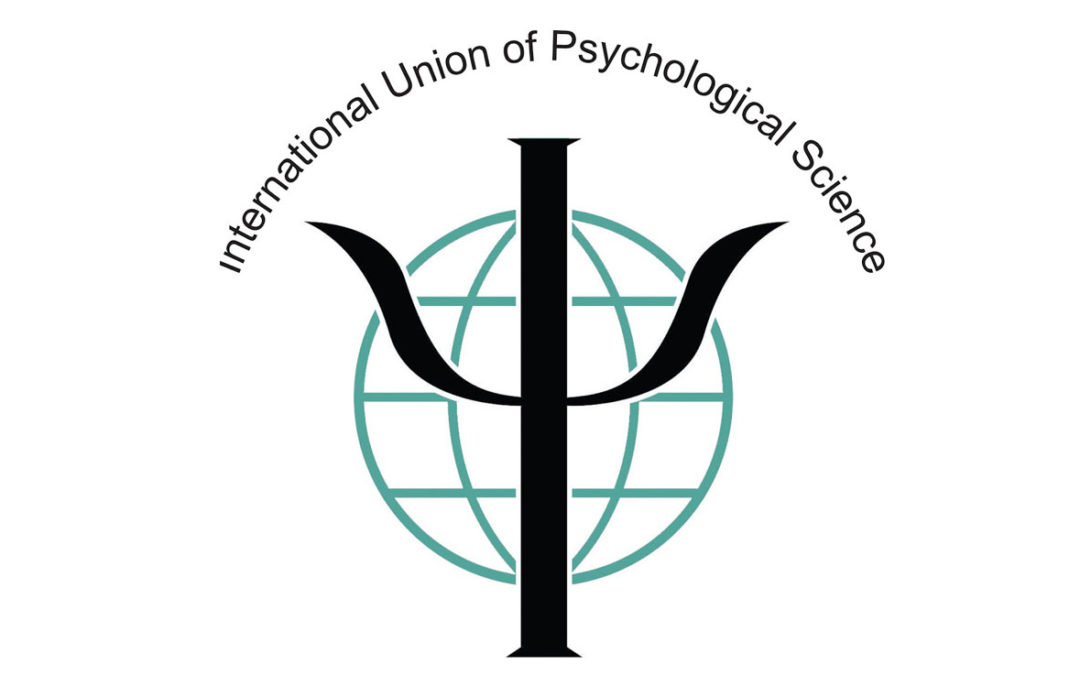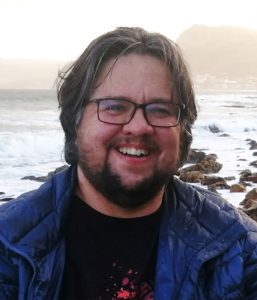On April 20-21, 2023, the Psychological Society of South Africa (PsySSA) Sexuality and Gender Division (SGD), in collaboration with Outright International, convened an initial meeting in Johannesburg to discuss advocacy efforts against conversion practices. This event was entitled, “Meeting of minds: The role of mental health practitioners and Associations in eradicating conversion practices in Africa”.
Conversion practices are defined as any attempts to forcibly suppress or change a person’s sexual orientation, gender identity, and/or expression (SOGIE). These harmful practices target LGBTQ+ people (i.e. lesbian, gay, bisexual, transgender and/or queer individuals), and undermine their autonomy and self-determination.
These so-called “reparative therapies”, “gay cure”, and “SOGIE change efforts” have no scientific basis and are rejected by psychologists, doctors, and related experts as a gross violation of human rights. All evidence clearly shows that being LGBTQ+ is a regular variation of our human diversity that needs to be affirmed, not changed.
The attendees were mental health practitioners and some lawyers, primarily from South Africa, Kenya, and Nigeria, with some representation from Uganda and Cameroon. Our purpose was to create a mutual learning space to share experiences about how best to (1) eradicate conversion practices among mental health providers in Africa, (2) offer affirmative therapy and counselling to survivors of conversion practices, (3) reinforce the evidence that conversion practices are harmful and unscientific.
A key outcome of this gathering was the writing and signing of a historic declaration against conversion practices. We now invite the public to co-sign this declaration (see below), and especially urge other mental health professionals, related experts, researchers, healthcare workers, LGBTQ+ people and survivors of conversion practices, and all allies from Africa and around the world, to support this declaration.
Speakers at the meeting included PsySSA president, Professor Floretta Boonzaier; PsySSA past president, Professor Juan A. Nel, also SGD vice-chair and co-representative on the International Psychology Network for Lesbian, Gay, Bisexual, Transgender and Intersex Issues (IPsyNet); Dr. Ann Watts, member of the International Union of Psychological Science (IUPsyS), Pan-African Psychology Union (PAPU) Treasurer and PsySSA Fellow; and executive members of the SGD, including its chair, Rev Chris McLachlan, Suntosh Pillay, Pierre Brouard, and Nkanyiso Madlala. Additionally, representatives from the Professional Association for Transgender Health South Africa (PATHSA), Dr Sakhile Msweli, and Jenna-Lee Proctor, attended the meeting. Rev McLachlan is also chair of the PATHSA board and a board member of the World Professional Association for Transgender Health (WPATH).
Ugandan civil society activists, such as Dr Adrian Jjuuko, the executive director of the Human Rights Awareness and Promotion Forum (HRAPF), spoke about the challenges of working in hostile legal and social contexts.
Unfortunately, many Nigerian delegates did not obtain their visas in time to attend the meeting, including Professor Andrew Zamani, president-elect of PAPU. Some joined discussions online.
Participants signed the declaration in their personal capacities, but it is hoped that a wide range of professional organisations will now officially endorse and support the declaration.
The Declaration can be signed here.







